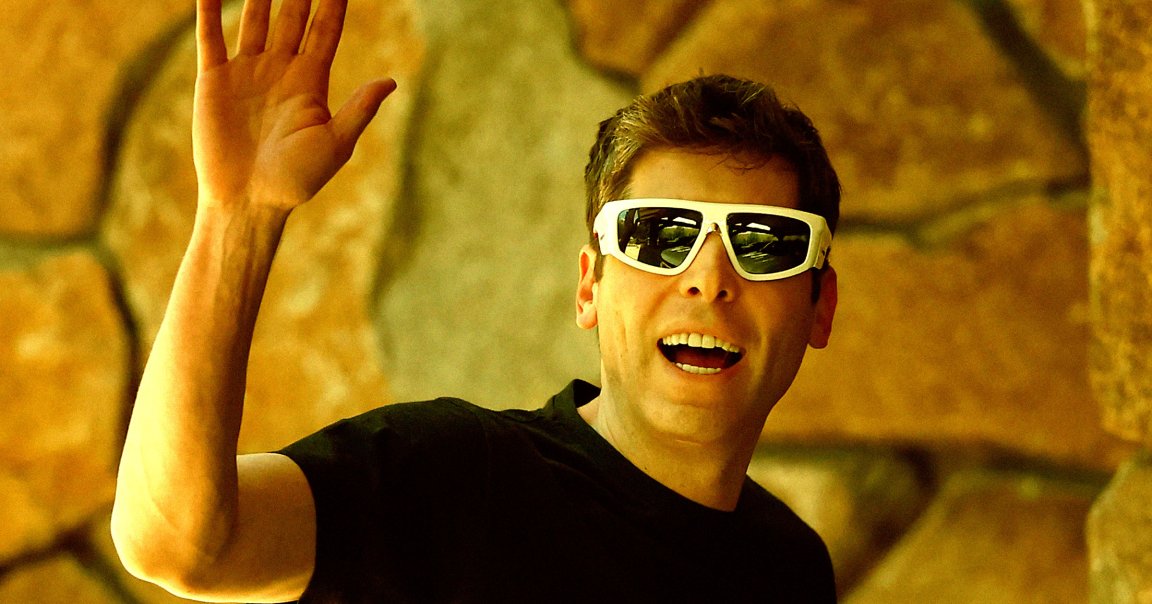
OpenAI is said to be launching a TikTok-like app that recommends an endless stream of swipeable — and purely AI-generated — short-form videos.
As Wired reports, the company is expected to launch the stand-alone app alongside its Sora 2 text-to-video AI-generation tool.
The app will consist of a personalized video feed that closely resembles TikTok’s For You page, according to documents viewed by the magazine.
The focus will exclusively be on AI-generated content, as users won’t be able to share any photos or videos from their camera rolls or other apps. Interestingly, though, they’ll be able to use their own likeness to inspire AI videos and tag each other.
In other words, it sounds like a deepfake generator on steroids. At least users will be notified if their likeness gets used, per Wired.
And while it may sound like an endless supply of uninspired AI slop that nobody asked for — we’re certainly contending with enough of the stuff on the internet as it is — sources told Wired that the app “received overwhelmingly positive feedback from employees” during internal testing.
It came to the point where managers at OpenAI were reportedly joking that the app would turn into too much of a distraction for employees.
It remains unclear when OpenAI will unveil Sora 2. The company released Sora, its first text-to-video model, in December 2024, integrating it into ChatGPT.
Since then, a number of the firm’s competitors, including Meta and Google, have released their own alternatives. Earlier this year, Google released Veo 3, a powerful new model that can create impressive photorealistic video clips.
A TikTok-like Sora experience also wouldn’t be the first app dedicated exclusively to sharing AI slop. Just last week, Meta announced an app called Vibes, a “new feed of AI videos at the center of the Meta AI app.”
The app was met with “near-unanimous ridicule and even dismay,” as SFGate reported last week.
“Everyone else has already weighed in,” Bloomberg podcast host Joe Weisenthal tweeted. “But I too feel compelled to say that this all looks like pure garbage.”
Google is also integrating a version of Veo 3 into YouTube Shorts, so it’s clear that all the major AI players are moving toward the same idea.
If you’re wondering how OpenAI’s attempts to launch an AI video app will avoid devolving into a cesspool of disinformation and unsolicited deepfakes, you’re not alone.
TikTok has had to update its policies to ensure that its users are “having authentic experiences,” forbidding “misinformation that could cause significant harm to individuals or society, no matter the intent of the person posting it,” and specifically calling out “AIGC,” or AI-generated content.
“Even with labels, some edited or AI-generated content can still be harmful,” TikTok’s community guidelines read.
Then there’s the tendency of video and image generators to violate copyright, which has already led to high-profile lawsuits.
How OpenAI will address these issues with a TikTok competitor remains to be seen. Given the amount of scrutiny the firm is already under, especially when it comes to underage users who are engaging in alarming conversations with ChatGPT, OpenAI will likely be treading carefully.
More on OpenAI: OpenAI Tries to Train AI Not to Deceive Users, Realizes It’s Instead Teaching It How to Deceive Them While Covering Its Tracks